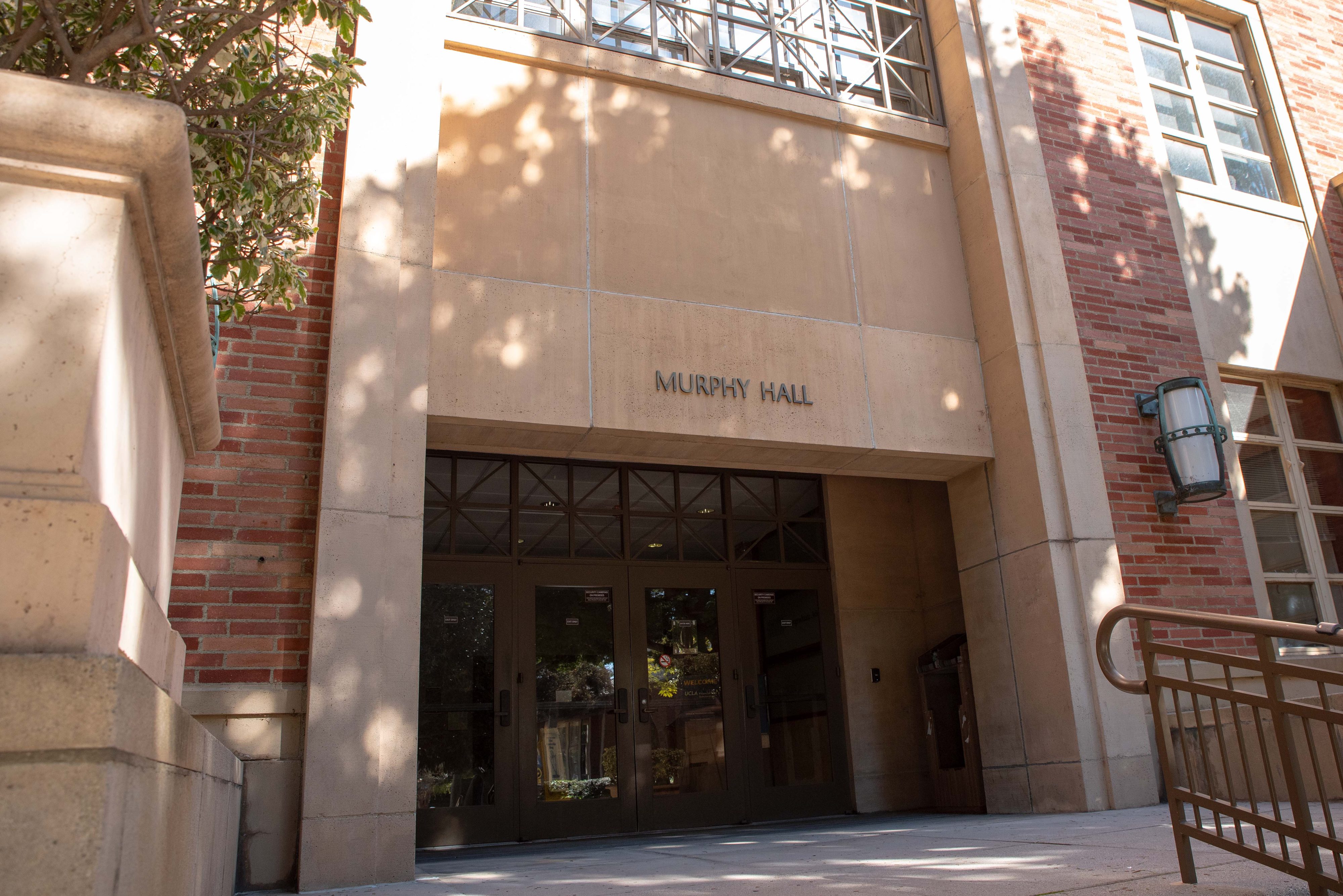UCLA students, similar to others at educational institutions across the country, have expressed grievances regarding President Donald Trump’s edict prohibiting Diversity, Equity and Inclusion, or DEI, initiatives and cutting funding for the Department of Education, or DOE.
Universities are defined by diversity woven into the fabric of the student body, uniting people of different cultural and socio-economic backgrounds. As students walk the campus of UCLA, the school’s diversity is undeniable, connecting students who are, otherwise, worlds apart. During his second-term campaign, Trump advocated for policies that included restrictions on diversity training and curriculum content. Though many thought these were tentative undertakings, on Feb. 14, Trump gave schools two weeks to eliminate DEI or risk losing federal funding.
Stacey Hovhannisyan, a fourth-year student, expressed, “I am a bilingual student. The only reason I got out of English Learning Development (ELD) as a child is because I had an Armenian teacher who understood me. DEI gives people an opportunity to see their own culture within education.” Eliminating steps toward equality will ultimately reduce diversity amongst faculty members, whose expertise may be overlooked if discriminatory practices go unaddressed.
UCLA also has many student organizations designed to foster inclusivity, giving marginalized students a sense of belonging. Dylan Andrade, another senior, remarked, “DEI measures bring perspectives that cause you to challenge your point of view and establish cohesion among students.” Clubs like the Afrikan Student Union, American Indian Student Association and the Latine Film & Theatre Association make efforts to support intersectionality on campus. Inclusive communities like the Black Bruin Resource Center cultivate a sense of togetherness and empowerment for black students, providing them with a free environment to embrace and lean into their culture. The LGBTQ Campus Resource Center serves as another avenue to embrace self-expression, fostering conversations about the spectrum of sexual identities in a safe space for queer students.
The proposed budget cuts to DOE have also presented newfound obstacles for universities. Schools like UCLA pride themselves on offering students from lower-income households economic relief through scholarships, grants and awards. Financial compensation like FAFSA, SNAP, Pell Grants and the Dream Act have been instituted to give students aid for food, rent and tuition. Hovhannisyan explained, “I am at UCLA because of FAFSA and the Pell Grant. Getting rid of these initiatives would affect my ability to remain here.” These programs give students the opportunity to attend prestigious universities without feeling suffocated by economic burdens.
Trump’s proposals would also affect students with disabilities, leaving them without proper care and hindering funding for physical accessibility. In addition, these reductions would limit opportunities for those who rely on campus jobs. If laws were passed to prohibit such beneficial initiatives, universities and underprivileged students would face financial deficits, restricting admission. Hovhannisyan expressed her trepidation: “I don’t trust Trump to deal with FAFSA; federal funding is what the DOE deals with.” Andrade echoed this sentiment, emphasizing how “although there aren’t immediate threats, these things get worse quickly.”
While it is clear that UCLA’s administration doesn’t intend to comply with Trump’s reforms without resistance, the fear instilled in students remains pertinent. The sentiments expressed by these two students are feelings shared by young people across the country, who feel that certain rights are being encroached upon. Hovhannisyan continued, “As an education major, it is evident that schools value diversity. They know it benefits their students.”
For many, UCLA embodies a cohesive environment, where opinions of different people are valued and welcomed. It is a place that values international students and the cultural insights they bring to American universities. Friendships are cultivated by placing students from vastly different backgrounds in close proximity, like dorms or classrooms, opening the door to new experiences. Student discourse surrounding Trump’s proposals is imperative to ensure these measures won’t be instituted peacefully.
—
Featured Image Photographed by Amy Miranda/BruinLife.

